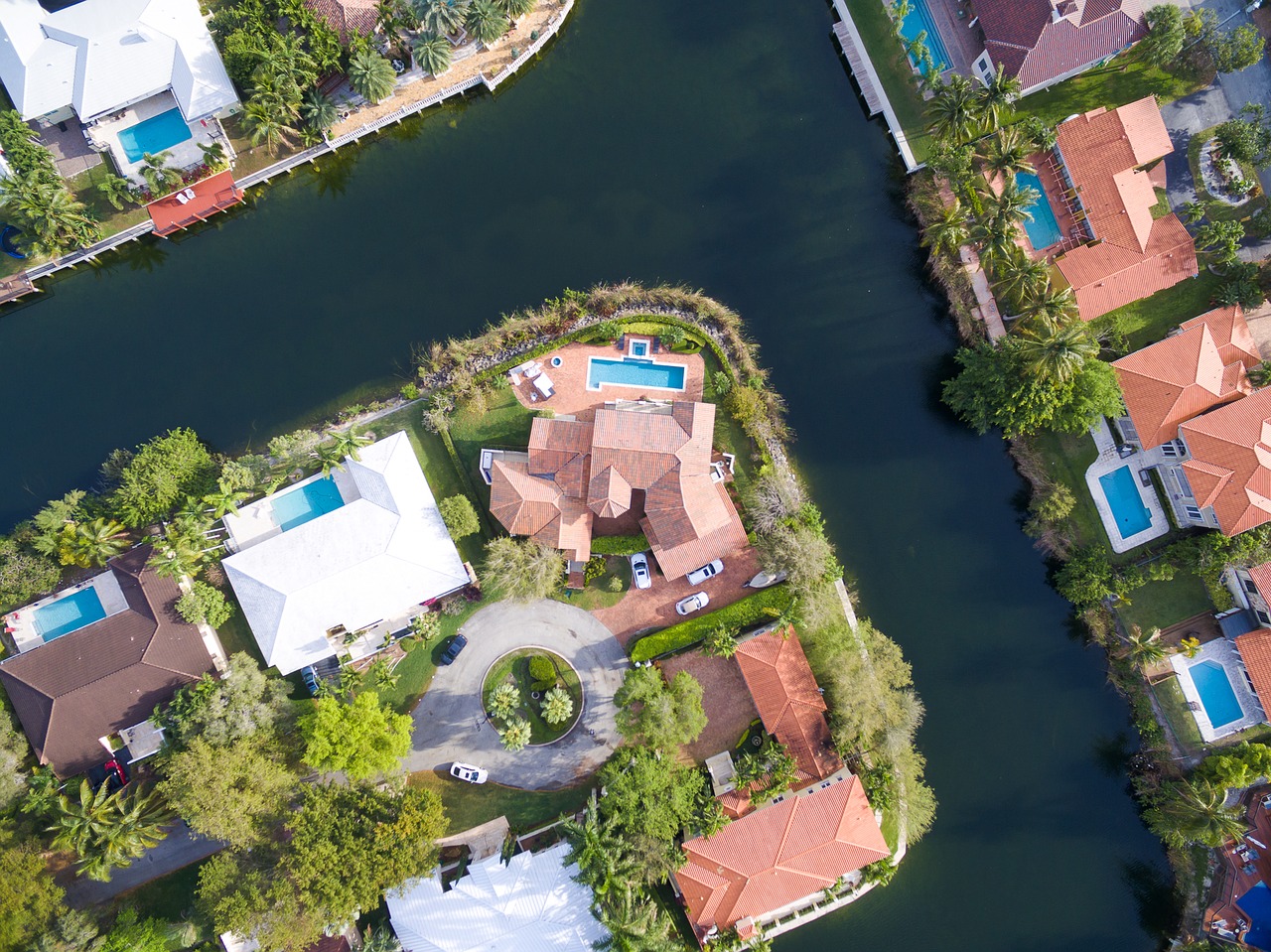This is a guest post by ClimateDenierRoundup.
Two great pieces of journalism were published this week we’d like to draw attention to today. While neither were particularly focused on climate change denial, taken together, they provide some helpful insight into denial not only as a state of mind, but as a function of luxury and privilege.
That’s the underlying message of Sarah Miller’s recent piece in Popula. Miller poses as a wealthy married woman interested in purchasing pricey Miami real estate, feigning interest before springing her key question: Is it smart to buy something with a 30-year mortgage in Miami, given the fact that sea level rise is already regularly flooding the city?
One after another, high-end real estate agents assure Miller that sea level rise is “something the city is trying to combat” by “raising everything” and installing pumps. One, who couldn’t think of the word “studies,” mentioned that she knew someone who paid for a study that said “we shouldn’t be concerned. Unless you have a family, and you’re planning on staying here.”
Miami: a thriving city with new construction that’s perfect for you, as long as you don’t intend to stay for your full 30-year mortgage. One agent tells Miller that the raised sidewalks and new pumps mean all that excess water just goes “into the drain,” and therefore the problem is “fixed.”
And one of Miller’s real estate agents reminded her that the “scientists, economists and environmentalists” who are concerned about climate impacts to Miami shouldn’t be, because “they don’t realize what a wealthy area this is.”
Sadly, that’s probably more right than it should be. Assuming we continue letting the neoliberal approach of money mattering most guide our public policy efforts, we will choose to protect the most expensive real estate first, and best. Those who can afford to lobby policymakers to protect their prized property with sea walls and raised sidewalks will be fine, and communities who can afford to buy and install new pumps might not be too upset, at least in the first few decades.
But for those who can’t simply throw money at the problem, climate change is already leading to incredible struggle and community-wide upheaval. Because while Miami’s still able to pretend there’s plenty of time to solve this problem, communities in Central America don’t have that luxury, and they are already emptying out.
As a result, Jonathan Blitzer reports in the New Yorker, “climate change is fueling the U.S. border crisis.” Blitzer and photographer Mauricio Lima traveled to the western highlands of Guatemala to capture personal photos and stories showing how climate change is already gutting communities.
Whether it’s freak frosts, pandemics of pests that wipe out crops, or unpredictable rains that upset ancient planting calendars, the wild weather conditions of a warming world are making situations more desperate. Facing few options to compensate for the lack of farming at home, families face the difficult decision of whether or not to immigrate to the U.S. for work.
Guatemalan forestry expert Yarsinio Palacios told the New Yorker that while “there are always a lot of reasons why people migrate,” like an illness in the family, “in every situation it has something to do with climate change.”
Programs that would help these communities adapt and build resilience to climate impacts would, in turn, ease the flow of immigrants into the United States. One such program, which taught farmers how to diversify crops and others how to survive in this new climate, was cut by the Trump administration, eliminating one of the key policies that eases the pressure to immigrate. If immigration is an emergency situation, Trump took off the tourniquet. (And that’s a BIG “If”…)
Apparently the administration isn’t worried about the climate conditions in Central America, which are fine–unless, in the words of Miami’s finest real estate agents, “you have a family, and you’re planning on staying here.”
Main image: South Florida homes. Credit: juanngomezz, Pixabay
Subscribe to our newsletter
Stay up to date with DeSmog news and alerts






